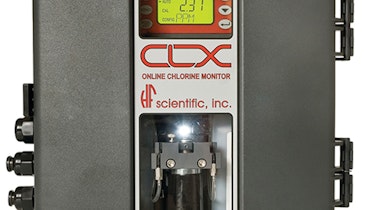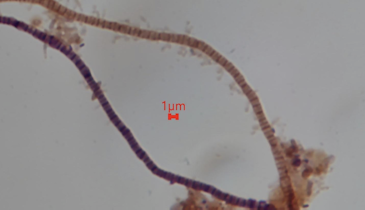
Amid noise and nonstop radio traffic, Mark Riggsby quietly tutors an inmate on the finer points of water testing and treatment.
Such mentoring is part of Riggsby’s mission as chief operator of the water plant at Denmar Correctional Center in Hillsboro, W.Va. His ultimate aim is...








